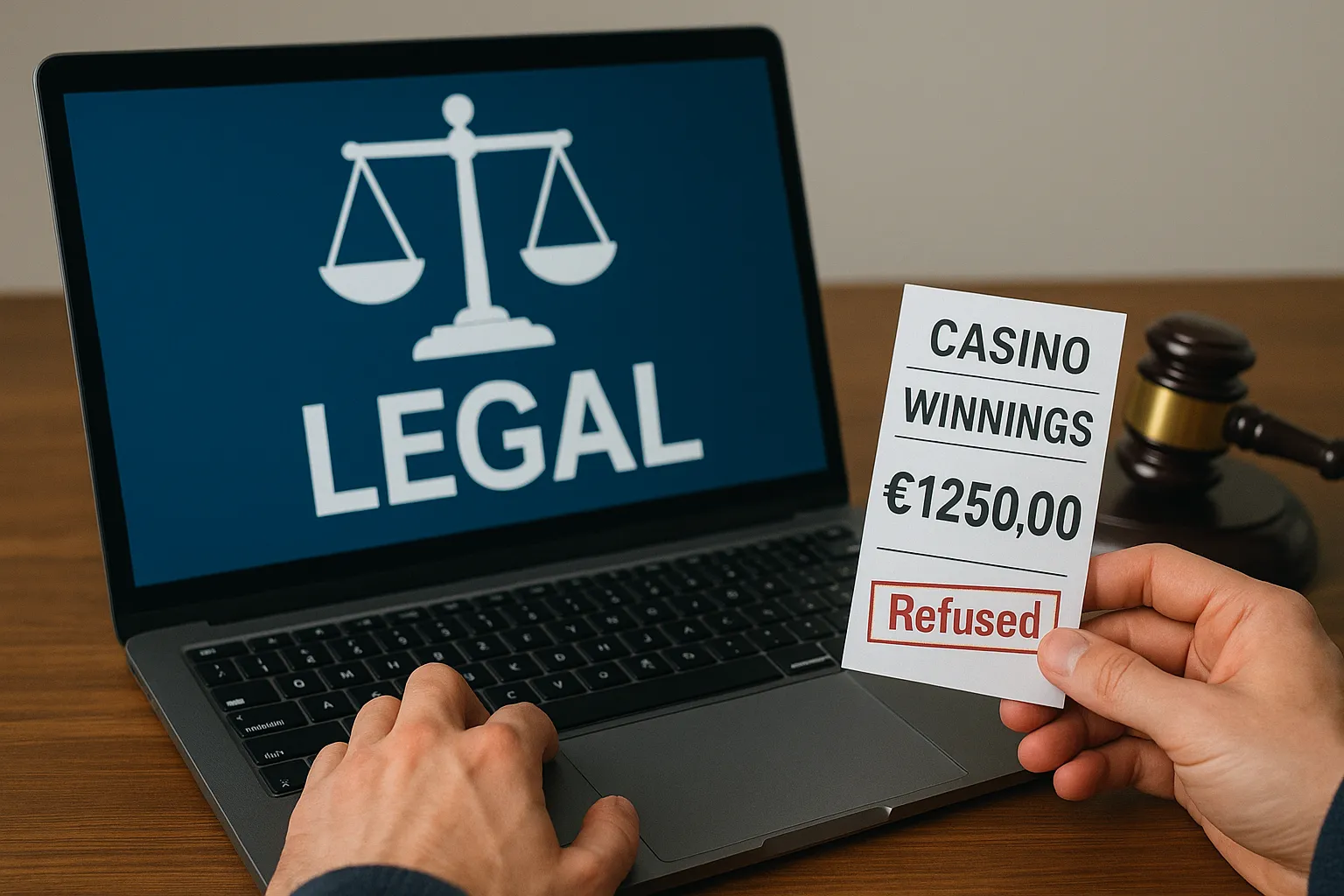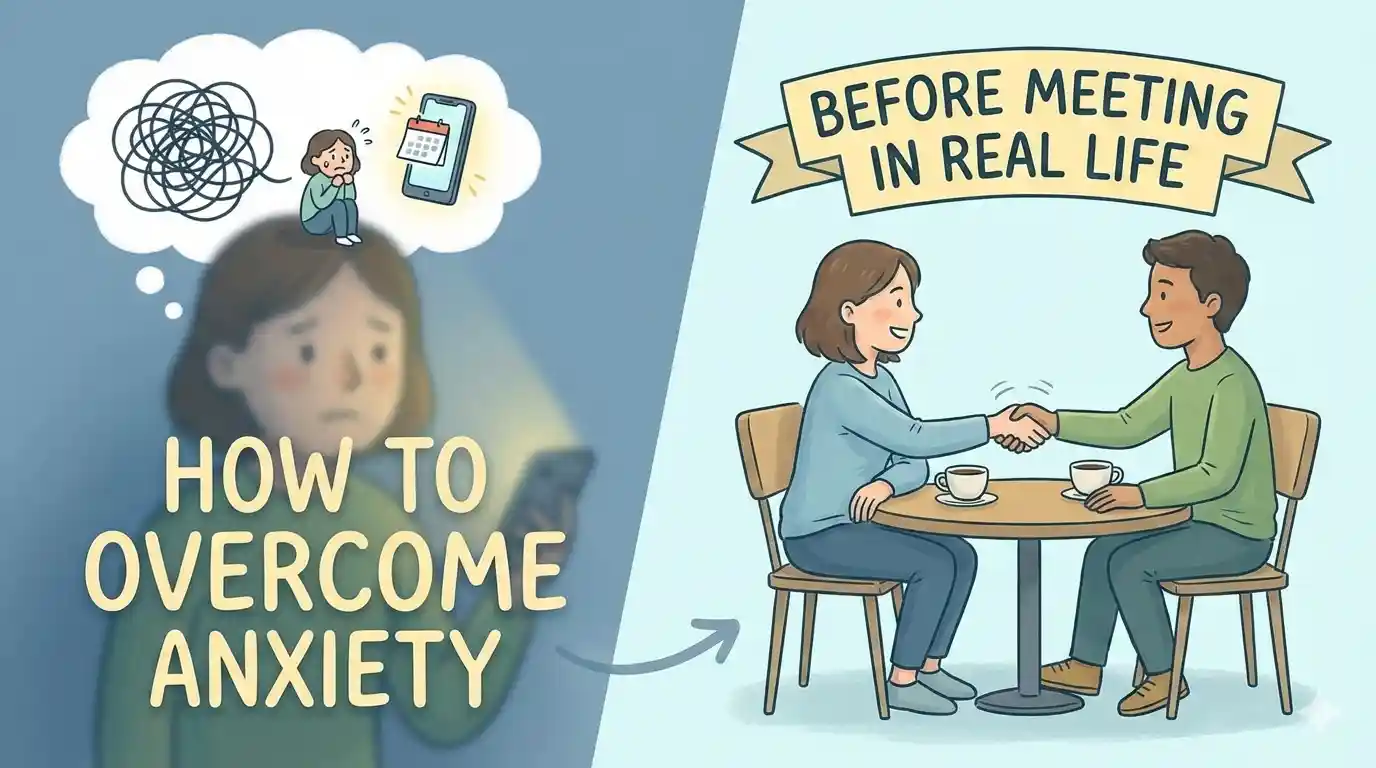Online casinos thrive on trust. Players deposit money, spin reels, and place bets with the expectation that when they win, they’ll be paid. But what happens when an online casino refuses to pay winnings? Unfortunately, this situation is more common than many realize, and the legal consequences depend on where the player is located and how the casino operates. Understanding your rights and the possible steps to take can protect you from falling into a frustrating trap.
Why Online Casinos Refuse to Pay
Casinos typically claim that non-payment is due to a violation of terms and conditions. They may accuse players of bonus abuse, using fraudulent payment methods, or engaging in suspicious betting patterns. In other cases, casinos may delay or deny payments without sufficient justification, relying on the fact that most players won’t pursue legal action for smaller amounts. For players who want to minimize risks and test platforms responsibly, exploring alternatives such as minimum deposit £1 casinos can sometimes be a safer way to play with clearer terms attached.
Legally, if the refusal is unjustified, players may have grounds to file complaints with regulatory authorities or even pursue civil claims depending on jurisdiction. However, the process is rarely simple.
The Role of Licensing Authorities
A legitimate online casino should be licensed by a recognized authority such as the UK Gambling Commission, Malta Gaming Authority, or Gibraltar Regulatory Authority. These bodies set standards and enforce fair play. If a casino refuses to pay, players can lodge complaints with these regulators.
Licensed operators risk losing their license if they are repeatedly found to mistreat players. This makes regulators a powerful ally, but the process may take weeks or months to resolve.
Terms and Conditions as Legal Shields
Casinos often bury clauses in their terms and conditions that give them wide discretion. These may include limits on maximum withdrawals, restrictions on bonus winnings, or verification requirements. If a player fails to meet any of these terms, the casino can legally justify withholding funds.
The challenge is that many players skim over these documents. From a legal standpoint, agreeing to the terms binds you even if you didn’t fully read them. This is why disputes often end in the casino’s favor unless clear misconduct can be proven.
Chargebacks and Payment Disputes
One avenue players sometimes pursue is filing a chargeback with their bank or payment provider. This involves disputing the transaction used to deposit funds. While this can sometimes result in money being returned, casinos may argue that services were provided (gameplay access) and fight the claim.
In addition, pursuing chargebacks may lead casinos to blacklist your account or share information with other operators, limiting your ability to play elsewhere.
When Civil Claims Become an Option
If regulators or chargebacks fail, players may consider taking legal action. Civil lawsuits can be filed in the country where the casino is licensed or, in some cases, in the player’s own jurisdiction. However, this route is often expensive and time-consuming, and for smaller winnings it may not be financially practical.
Still, in cases involving large sums, some players do pursue legal remedies with the help of specialized gaming lawyers. Courts may award compensation if the casino is found in breach of contract.
The Importance of Documentation
If you ever face a dispute with an online casino, keeping thorough documentation is essential. Screenshots of wins, email correspondence, account statements, and any records of gameplay can strengthen your case. Regulators and courts rely heavily on evidence, and without it, your claim may fall flat.
Responsible Playing to Avoid Disputes
The best protection is prevention. Always check whether a casino is licensed and read its payment policies before depositing. Look at reviews and player forums to see if others have faced payout issues. Avoid unlicensed offshore casinos, which may operate beyond the reach of regulators and offer little legal recourse if problems arise.
Even small stakes play can help you test the casino’s reliability. A cautious first step is to make a deposit and withdrawal with a small amount to see if payments are processed smoothly.
Real-World Example: When Winning Turns Sour
A friend of mine once won a modest sum at a newly launched casino but faced endless delays when trying to withdraw. The casino kept requesting additional verification documents, then claimed a “technical error” was preventing the payout. It took months of persistence and a complaint to the regulator before the funds were finally released.
This experience highlights the importance of choosing casinos with established reputations rather than being tempted by flashy promotions.
Final Thoughts
When an online casino refuses to pay winnings, the situation can feel overwhelming. From a legal standpoint, players have options — from contacting regulators to pursuing chargebacks or, in rare cases, filing lawsuits. But each option requires patience, persistence, and sometimes financial investment.
The smartest strategy is to protect yourself from the start: play only at licensed casinos, read terms carefully, test withdrawals early, and avoid platforms with a history of complaints. That way, you minimize the chances of ever needing to fight for what you’ve fairly won.




